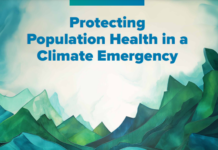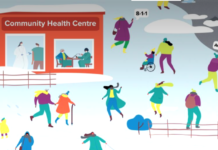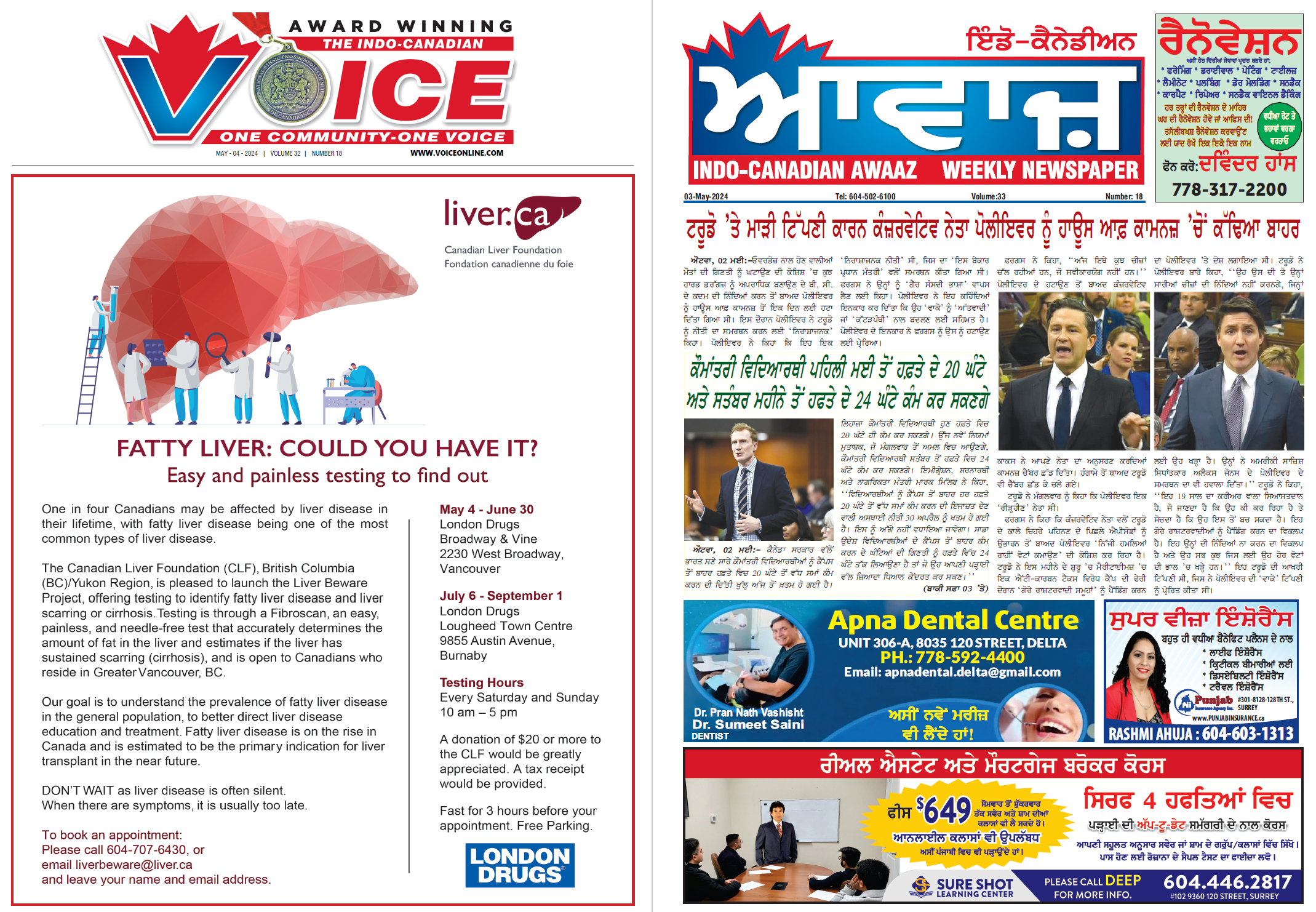YOUNG people struggling with housing instability, mental and physical-health challenges in Vancouver’s Downtown Eastside (DTES) will have access to more and improved mental-health and substance-use supports with the launch of the first DTES Youth Outreach Centre.
The DTES Youth Outreach Centre, operated by Vancouver Coastal Health (VCH) and located at 786 Powell Street, will save lives by connecting young people from 15 to 24 to crucial mental-health and substance-use supports. Approximately 75% of serious mental-health issues emerge before the age of 25.
“Young people have faced significant challenges over the last few years and their well-being continues to be our top priority,” said Jennifer Whiteside, Minister of Mental Health and Addictions, on Friday. “The Downtown Eastside Youth Outreach Centre, which is the first of its kind, will help connect young people to the supports they need and deserve on their journey to wellness, as our government continues to build a system of mental-health and addictions care from the ground up.”
The new centre is ideally located in the DTES. To help create a culturally safe space, VCH collaborated with three Coast Salish artists, including a youth artist, who painted murals that adorn the site’s walls. In addition to office space for the team, it has a kitchen, small lounge, computer and phone access for clients, as well as snacks and supplies.
In addition to the centre, the Province is expanding the multi-disciplinary outreach team from two workers to eight, including mental-health and substance-use nurses, youth care workers, Indigenous peer advocate and social workers.
“Meeting this population where they are is fundamental to the work we’re doing,” said Emily Giguere, VCH clinical planner for Youth Substance Use Services. “They are sometimes difficult to find. They may not have a fixed address or phone number and they are often distrustful of the health-care system. It’s the best way to connect them to the care they need, where and when they need it. However, the goal has always been to have a home base: a safe, welcoming hub where the team works from and where clients can easily find them.”
The team heads out to the streets of Vancouver to meet vulnerable youth where they are, find and build a rapport with them, and connect them to mental-health, addictions and health-care services. These teams also distribute harm-reduction supplies, such as naloxone, as well as basic necessities such as sleeping bags, socks, food and drinks.














